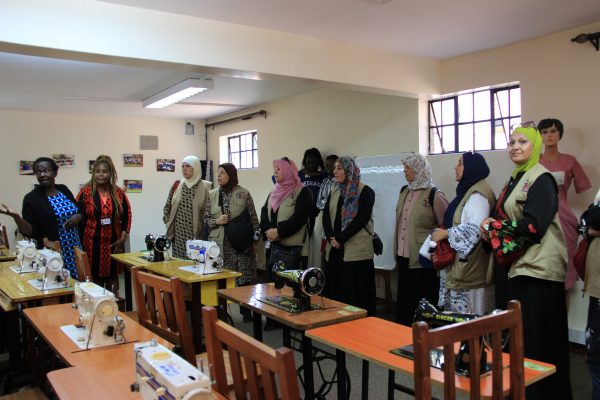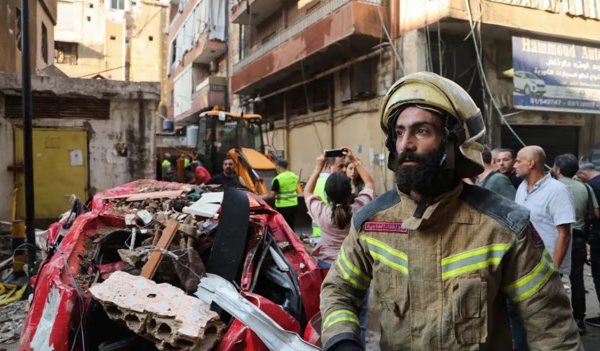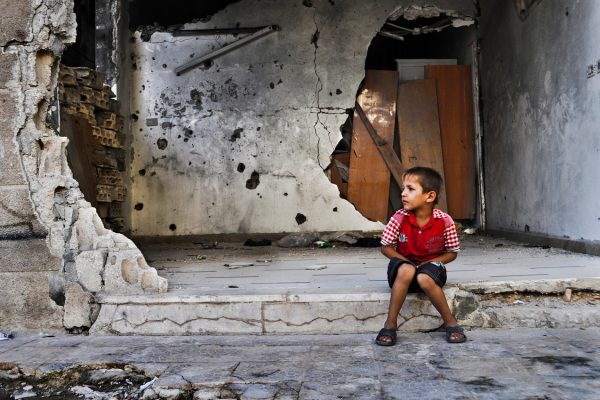This month alone, Kenya has seen a rise in coronavirus cases from 55,877 on November 1st to 74,145 cases by November 19th.
This month alone, Kenya has seen a rise in coronavirus cases from 55,877 on November 1st to 74,145 cases by November 19th.
If there’s one lesson we all learned in 2020, it’s perseverance. COVID-19 taught us all how to overcome the unknown and cherish the luxuries we took for granted. It tested our willpower when we don’t have the amenities of amusement parks, concerts, food festivals, and more. But for many, this is a reality that is every day.
On her recent service trip to Kenya with Zakat Foundation of America, Lila Zegar discovered that harsh reality but instead found hope and beauty. The lesson she learned on this service trip prepared her for a pandemic lifestyle that limited outside social interactions and entertainment.
She joined Zakat Foundation staff and supporters on a trip in February, returning to Illinois (where the nonprofit is headquartered) before the state began tallying its first coronavirus cases. She was at a book-signing for Halil Demir, Zakat Foundation’s executive director and author of 9 Myths About Muslim Charities, where she connected with him, Donna Neil-Demir, RN, the organization’s health advisor, and Fatima Khalil, one of the board members. She said the trip chose her, and the rest is history.

“It cannot be given justice in words. I had tried to imagine what Kenya would look like and how its people would be,” Lila explained. “From what I observed, everyone was very grateful and high-spirited. There is so much poverty, yet so much beauty. Everyone had a difficult story to tell, yet they seemed so happy living life.”
What makes that rose-tinted glasses approach more admirable are the atrocities that many, especially the young women, have endured. In the United States, we are already amid the rise of the #MeToo movement that has pushed forward the voices of the silent that have suffered through assault, rape, and other indignities. The atrocities suffered by women worldwide is incomprehensible.
In Kenya, Lila visited a girls’ shelter run by the humanitarian organization known as RefuSHE. Most of the girls were preteens who were victims of sexual abuse and are now teen moms.
“I was trying to fathom how they could continue living and functioning,” Lila said. “It was a profound feeling; looking upon the young girls in their classroom, I thought of my parents. How they, too, were forced out of their homes and country at such a young age. My dad was 16, and my mom was 13. My dad was with his brother, but his parents stayed behind in Palestine. It was at that moment that I realized how hard they must’ve struggled to rebuild their lives in a foreign land and how successful they were in holding onto their Deen (religion).”
Giving back to Kenya’s people provided Lila with a reflection on her soul that reminds her of the “pains of the rest of the world.” She reminded herself as she returned home to the U.S., now in varying levels of lockdown, that “the quarantine may be restrictive in some ways, but I was happy to be home with my family, spending time with them, taking care of them.”
This month alone, Kenya has seen a rise in coronavirus cases from 55,877 on November 1st to 74,145 cases by November 19th.
In the same time frame, Illinois’ cases went from 423,943 to 621,383. The pandemic is ongoing, and seeing how drastically different life is for the people Lila met in Kenya before the effects of the pandemic hit has made it more comprehensible how much need there is to make health care accessible for people living in close-knit villages and refugee camps.
“Yes, things have changed in our social circles,” Lila said. “I haven’t been able to go to the masjid or volunteer much. The hardest thing for me is not being able to hug my mom. Yet, after being in Kenya and seeing their trials, I know I should be grateful for all the blessings God has given me.”





